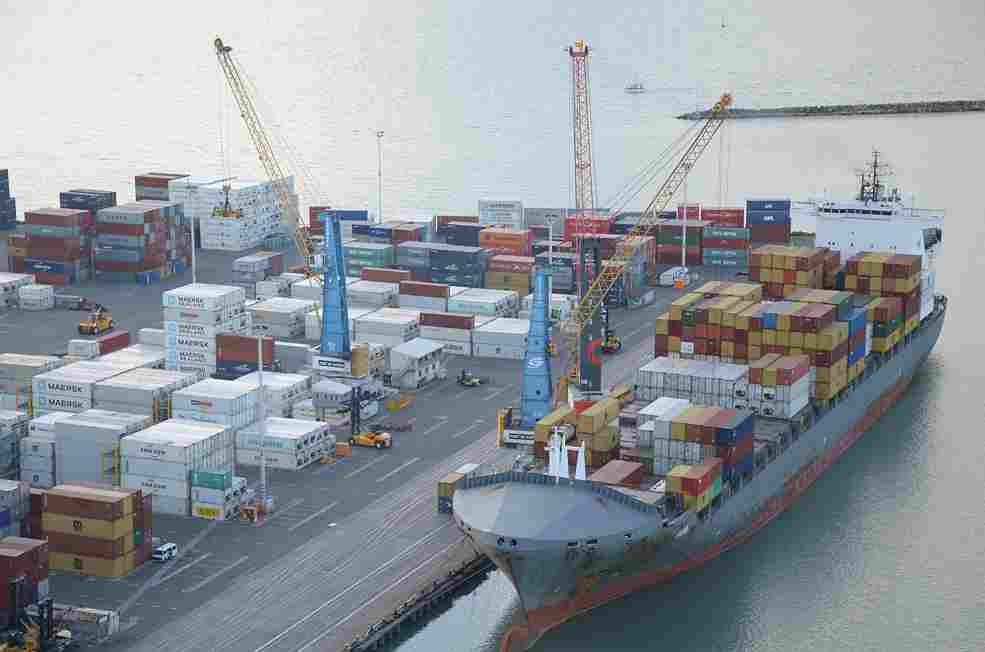
Fuel Management Systems for Efficient Bunker Fuel Usage
Introduction
Efficient management of bunker fuel is essential for the maritime industry, impacting vessel performance, operational costs, and environmental sustainability. Fuel management systems (FMS) play a pivotal role in optimizing fuel usage by monitoring consumption, ensuring compliance with regulations, and enhancing operational efficiency. This article explores the significance of FMS in maritime operations, detailing their components, functionalities, benefits, and future trends aimed at improving efficiency and sustainability.
Importance of Fuel Management Systems
Efficient fuel management is critical for reducing operational expenses, ensuring compliance with environmental standards, and enhancing overall fleet performance. Key reasons for adopting FMS include:
- Cost Reduction: Optimizing fuel consumption lowers operational costs and improves profitability.
- Environmental Compliance: Monitoring emissions and fuel usage helps meet stringent environmental regulations such as IMO’s MARPOL Annex VI.
- Operational Efficiency: Improving fuel efficiency enhances vessel reliability, reduces downtime, and minimizes maintenance costs.
Components of Fuel Management Systems
Fuel management systems integrate several components to monitor and optimize fuel consumption throughout the vessel’s lifecycle:
- Fuel Monitoring Sensors: These sensors measure fuel flow rates, tank levels, temperature, and viscosity, providing real-time data for consumption analysis and optimization.
- Flow Meters: Precise measurement of fuel flow from bunkering to engine consumption ensures accurate fuel accounting and detects losses or discrepancies.
- Data Acquisition Systems: These systems collect and process data from sensors and meters, enabling analysis of fuel consumption patterns and performance trends.
- Fuel Efficiency Software: Analytical tools and algorithms analyze data to optimize fuel usage, recommend operational adjustments, and predict maintenance needs.
- Emission Monitoring Systems (EMS): These systems monitor exhaust gases to ensure compliance with emissions regulations, recording and reporting emissions data.
Functionalities of Fuel Management Systems
Fuel management systems perform essential functions to maximize efficiency and operational performance:
- Real-time Monitoring: Continuous monitoring of fuel consumption, tank levels, and engine performance detects anomalies and optimizes operations.
- Performance Analysis: Historical data analysis identifies inefficiencies and opportunities for improvement in fuel consumption and vessel performance.
- Optimization Recommendations: Recommendations for optimal fuel usage strategies based on operational conditions, weather, and vessel speed.
- Regulatory Compliance: Monitoring emissions and fuel quality to comply with international standards and regulations.
Benefits of Efficient Fuel Management
Implementing an effective fuel management system offers multiple benefits to shipowners, operators, and the environment:
- Cost Savings: Reduced fuel consumption lowers operational costs and enhances profitability.
- Environmental Impact: Minimized fuel usage and emissions contribute to environmental sustainability and compliance with regulations.
- Operational Efficiency: Improved vessel reliability and performance reduce downtime and maintenance expenses.
- Compliance Assurance: Ensuring adherence to regulatory standards mitigates penalties and reputational risks.
Future Trends in Fuel Management Systems
Future advancements in fuel management systems focus on enhancing efficiency and sustainability in maritime operations:
- Artificial Intelligence (AI) Integration: AI-driven analytics for predictive maintenance and optimized fuel consumption based on real-time data.
- Sensor Technology Advancements: Improved accuracy and reliability of fuel monitoring sensors for enhanced data collection and analysis.
- Adoption of Alternative Fuels: Systems capable of managing and optimizing the use of LNG and biofuels to meet evolving regulatory requirements.
- Digitalization and Connectivity: IoT-enabled systems for remote monitoring and management across fleets, improving decision-making and operational efficiency.
Conclusion
Fuel management systems are indispensable tools for optimizing bunker fuel usage in maritime operations, promoting efficiency, cost-effectiveness, and environmental stewardship. By leveraging advanced technologies and comprehensive data analysis, shipowners and operators can achieve significant fuel savings, comply with regulatory standards, and reduce their environmental footprint. As the maritime industry embraces innovation and transitions towards cleaner fuels and smarter operations, the role of fuel management systems will continue to evolve, shaping a more efficient and sustainable future for global shipping.





